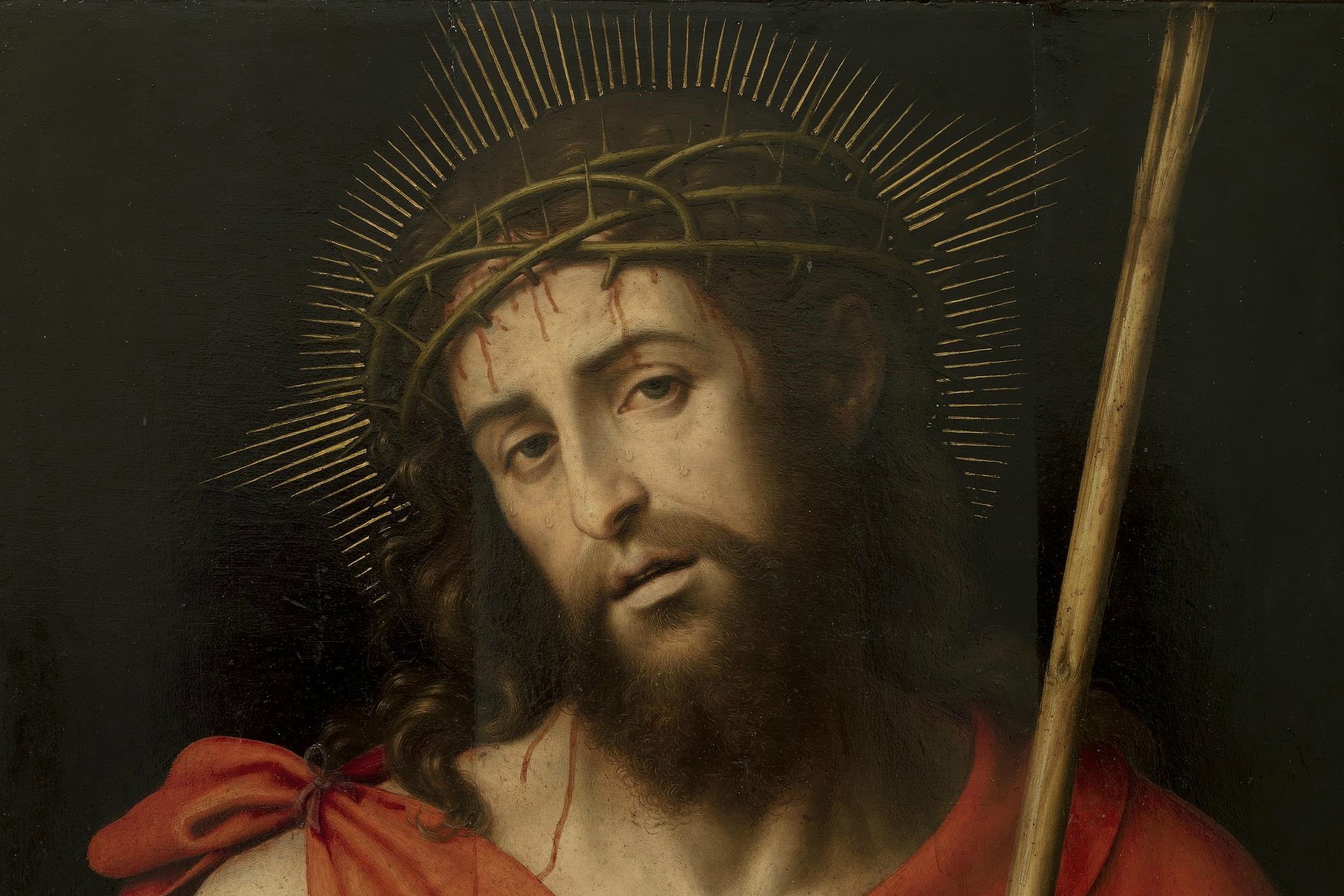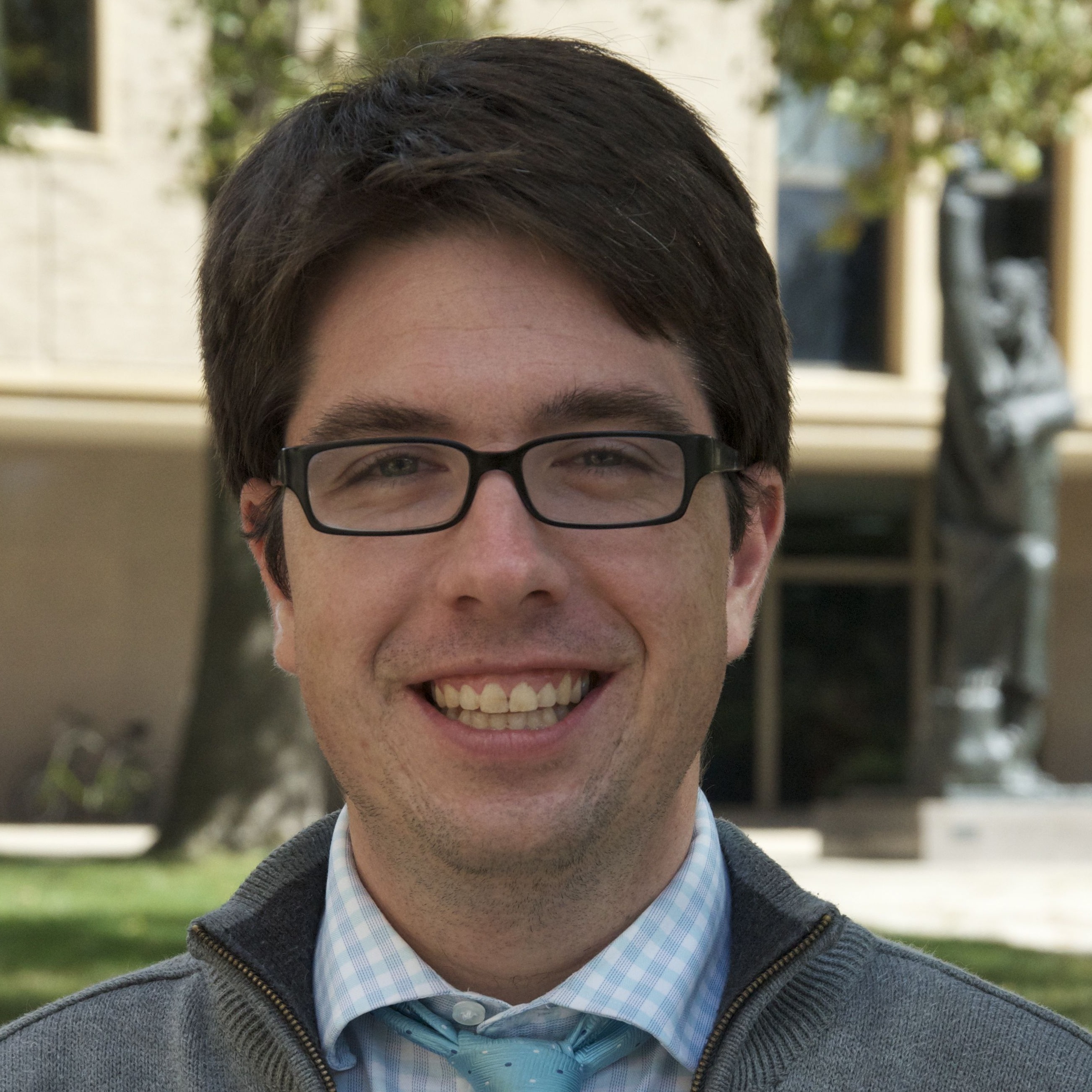This isn’t the behavior of a Messiah. You can almost hear the crowd gathered around Jesus murmuring this to themselves. They haven’t followed this prophetic miracle-worker, this teacher extraordinaire to watch him die.
He’s supposed to be the king, the Messiah, the anointed one, the Christ who has come into the world to rid Israel of Roman authority, to restore the Temple to pure worship, and gather all the nations in Jerusalem. That’s what Peter calls Jesus: “The Christ of God” (Lk 9:20).
He’s the king, after all—God’s Son, who is chosen to rule over the nations. You know David? Think bigger. You know Solomon? Think even bigger.
“‘The Son of Man must suffer greatly and be rejected by the elders, the chief priests, and the scribes, and be killed and on the third day be raised’” (Lk 9:22). This is not, at least upon initial hearing, bigger.
Jesus in the Gospel of Luke is re-interpreting for the disciples what it means to be the Messiah. His throne is not upon the temple mount but upon the Cross. His Death and Resurrection is the fulfillment of the prophecy in Zechariah: “On that day there shall be open to the house of David / and to the inhabitants of Jerusalem, / a foundation to purify from sin and uncleanness” (Zec 13:1).
The pierced one will purify. The slayed one will cleanse. The risen one will be the King.
To belong to the nation of this suffering King is not a matter of ethnic identity. The citizen of this Kingdom is a disciple, who must “‘take up his cross daily and follow me’” (Lk 9:23).
Jesus announces the requirements for sharing in his kingship. You expect fantastic banquets and an easy life? That’s not the Magna Carta of this Kingdom. The founding document of the Kingdom of peace, of justice, of mercy and love that Jesus comes to inaugurate is the Cross.
This is the Kingdom that each of us is baptized into. To put on Christ in Baptism is to enter into his sonship, his own identity as the suffering servant. When the chrism is placed upon our heads, we too become anointed ones. Anointed ones, little christs, who bring the aroma of salvation to all the earth.
There is no longer Jew or Greek, not because all particularities are erased. There is neither slave nor free person not because everyone is born into the same easy life. There is no longer male or female, not because gender is a construct.
Rather, these identities are no longer defining of who we are. For we are one in Christ Jesus, a nation of priests and prophets and kings meant to rule over the world alongside our pierced King: “And if you belong to Christ, then you are Abraham’s children, heirs according to the promise” (Gal 3:29).
The path to citizenship in this Kingdom is not always easy. It means we have to die to many things. We have to die to our desire to control each other or the world around us. We have to die to our callous disregard of those on the margins. We have to die to a life of security. We have to die to sin.
It is the little deaths of the disciple every day that is our passport to the Kingdom of God. The Good News of salvation is that we do not tread this path alone, as independent soldiers. Instead, we follow along behind our slayed and risen King: “‘Take my yoke upon you and learn from me, for I am meet and humble of heart; and you will find rest for yourselves’” (Mt 11:29). It is good to be kings of the King.
![]()
This article originally appeared in Our Sunday Visitor: Newsweekly on June 8, 2016 and is reproduced here with the permission of the publisher.
Featured Image: Juan de Juanes (also known as Vicente Juan Masip, 1475–1579), Ecce Homo, detail (1570); courtesy of Wikimedia Commons.



